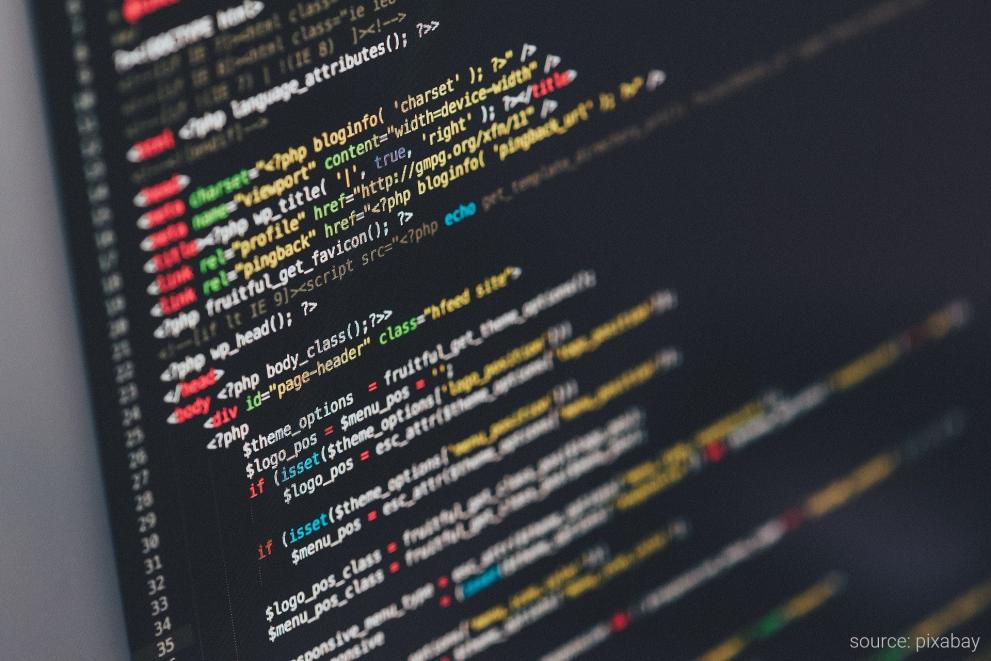
Written by Mr. Jian Xu, IP Expert and collaborator of the China IP SME Helpdesk
Software can be protected under copyright law in China. Many foreign companies are unfamiliar with how to record software copyright in China, and how to keep the source code confidential during the recordal. Please refer to the below for the requirements and a few practical suggestions.
Software registration requirements
The following details and documents are required for software registration:
1. Applicant
The name and address of the applicant company in both English and (if any) Chinese.
2. Identification
A copy of proof of identification of the applicant company (e.g. business certificate recording the applicant company's detailed information, including the company name, registration date, registration place, company number, validity period of the certificate, etc.) and its Chinese translation, which needs to be certified by the Chinese embassy or consulate in the applicant's country and notarised by the local notary.
3. PoA
Power of Attorney (we can provide this for the applicant company to sign).
4. Software
Details of the software program and its documentation, including:
- the date and location of creation;
- the date and location of first publication;
- the name or title of the software;
- the industry the software is used in and its purpose;
- the software language and version;
- the operating environment (including details of the hardware requirements and operating system);
- how the rights to the software are derived (e.g. creation by the applicant company, by assignment, by inheritance, etc) and documentary proof;
- whether the software was created independently or jointly; and
- whether the software was created under commission or pursuant to a task assigned.
5. Deposit
Deposit of the code and accompanying documentation may be by way of ordinary or exceptional deposit:
(a) Ordinary deposit:
the first and last 30 pages of (i) the source code AND (ii) the specification or operation manual (or entire documents if these have less than 60 pages each).
OR
(b) Exceptional deposit (any one of the below):
(i) the first and last 30 pages of the source code with confidential portions concealed, but the total concealed portions not exceeding 50% of the submitted source code; OR
(ii) the first 10 pages of source code, plus any consecutive 50 pages of any other portion of the source code; OR
(iii) the first and last 30 pages of target code, plus any consecutive 50 pages of any other portion of the source code;
AND in each case:
(iv) the above options (i) to (iii) are also applicable to the submitted specification/operation manual.
Also each page of any source code submitted must have at least 50 lines. Lastly, there is an additional 320RMB (around 35 EUR) for each exceptional deposit item submitted.
A few suggestions:
It is always desirable to keep your source code as confidential as possible, so consider:
exceptional deposition;
- the source code pages containing as little important code and information as possible;
- applying for "sealing up" of the source code and documentation so that only the applicant company and judicial departments are permitted to open the sealed material (we'd be pleased to look at any additional costs of this); and
- inserting some specific identification (e.g. a name, trade mark or even slogan) of the applicant into the source code, if possible within the first 10-30 pages of the source code, unique to the software programme (e.g. the name of the software, version and the programmer(s) involved). China Copyright Law clearly provides that, where there is no evidence to the contrary, the citizen, legal entity or organisation whose name is shown on a work shall be deemed to be the author of the work.
This article was originally published on Dr Jian Xu's Linkedin profile.
Dr Jian Xu is the managing director of Gowling WLG’s Beijing office, and heads up the firm’s Chinese intellectual property practice. He is a dual qualified Chinese lawyer and patent and trademark attorney practising since 2006. He is the author of the book “Chinese Intellectual Property – A Practitioner’s Guide“, published by China IP Publishing House in 2013.
Details
- Publication date
- 14 July 2021
- Author
- Executive Agency for Small and Medium-sized Enterprises
